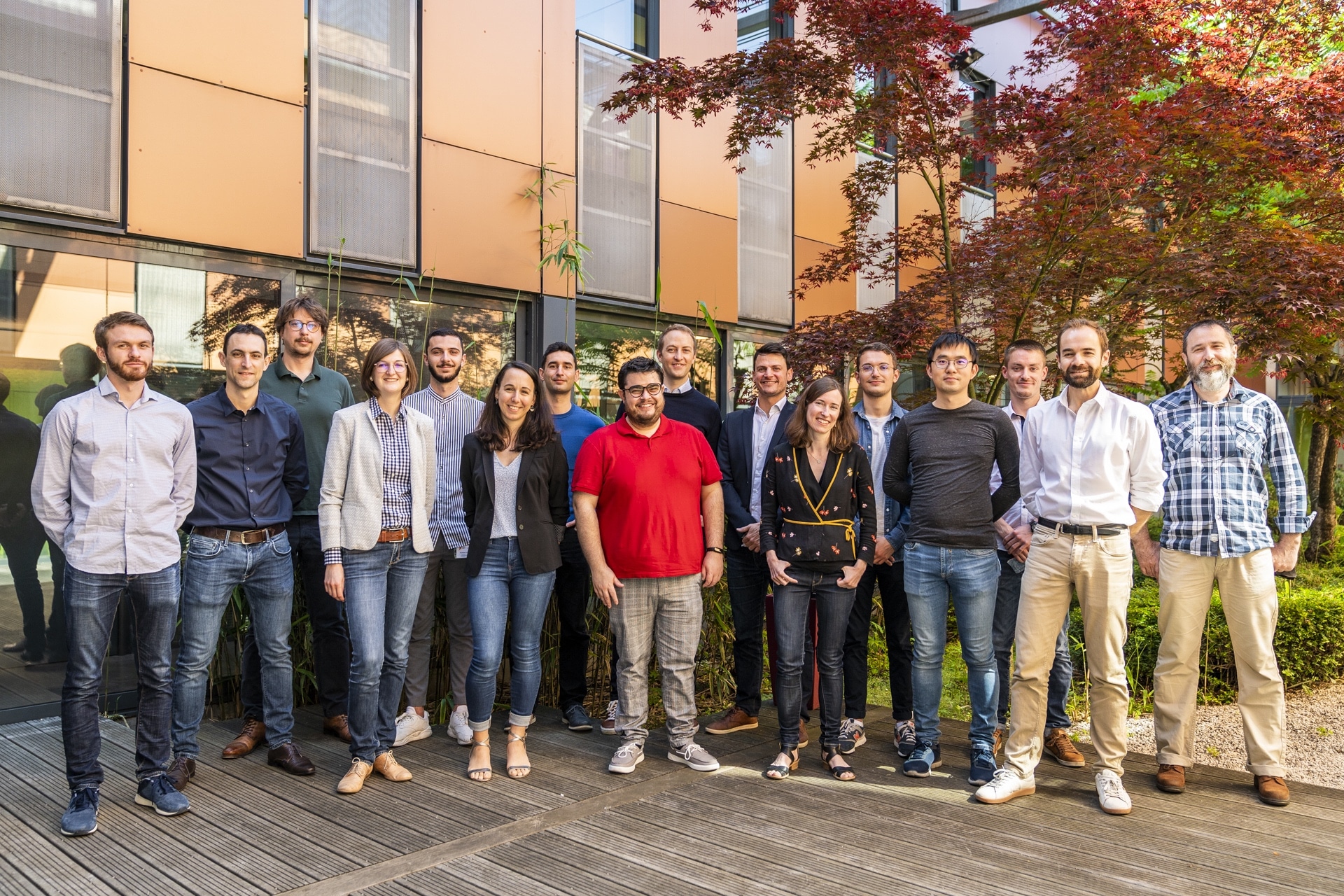Pixyl, a spin-off of Inserm and Inria, was created in 2015. Using artificial intelligence, the tools developed by the startup facilitate the diagnosis and monitoring of neurological pathologies and offer benefits to both physicians and patients.
Pixyl.Neuro is able to identify, quantify and categorize anomalies from MRI brain images. The software even allows you to follow how anomalies have progressed between two visits. The system thus helps treat neurodegenerative and neuroinflammatory diseases, such as multiple sclerosis, Alzheimer’s disease or other types of dementia. Its machine learning model supports radiologists and neurologists in their decision-making process and is involved in determining the most suitable care protocol for the patient. The system is also used in medical research and clinical trials.
Beyond the technology, Pixyl’s teams have successfully, seamlessly and transparently integrated their solution into the radiologists’ workflow, “an enormous challenge from both a technological and regulatory point of view in so far as concerns data security,” Dr. Senan Doyle, CEO and co-founder of the business said.
A server installed on the imaging site collects and anonymizes MRI images, before sending them to the Pixyl servers for analysis. After being processed by the Pixyl algorithms, the data are sent to the physicians.
“Brain MRI analysis is one of the most time-consuming and complex tasks there is, but there are not enough radiologists and they are overloaded with work. Thanks to Pixyl, radiologists can work faster, without sacrificing quality,” Dr. Senan Doyle, CEO and co-founder of Pixyl.
Unlike its competitors, Pixyl only needs one MRI sequence to complete its analysis. Moreover, it returns the analysis in just a few minutes, whereas its competitors require 30 to 40 minutes. In 2019, Pixyl received the French Radiology Society Award for its innovative solution to predict the 2-year disability of patients suffering from multiple sclerosis.
Pixyl.Neuro obtained CE marking in 2019, and FDA certification is expected for early 2023. Around forty users have already applied these solutions in France and the rest of Europe.
The Pixyl portfolio of tools is constantly evolving. While continuing to improve current products, it is developing new technological building blocks, in particular for liver cancer as well as for other pathologies and organs imaged with MRI.
Its latest fundraising, in the spring of 2022, allowed Pixyl to continue to expand commercially in Europe and to prepare for setting up operations in the United States. Many subjects dealt with during the Next Program webinars have taught the directors a lot about US legislation and the expectations of the FDA and others globally, which has allowed Pixyl to refine their strategy regarding setting up their operations. “Our approach in respect of the timing of investments is sounder today,” said Dr. Senan Doyle, CEO. Next will, moreover, help Pixyl establish collaborations with US radiologists and neurologists to validate its products, in line with the method successfully adopted in Europe. Senan Doyle added that “Next represents a real guarantee of quality. Being a program winner implies that we are one of the best French startups and gives us great credibility with our contacts.”



